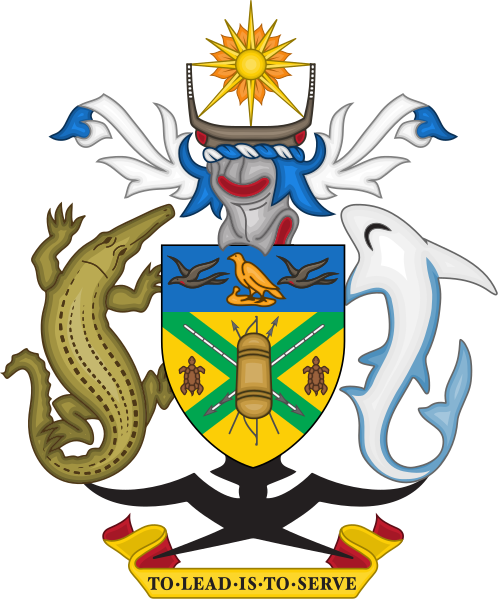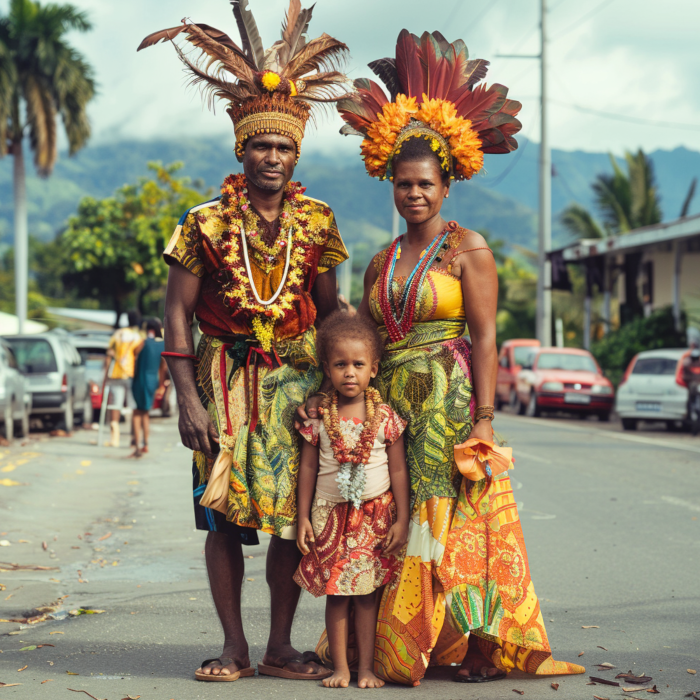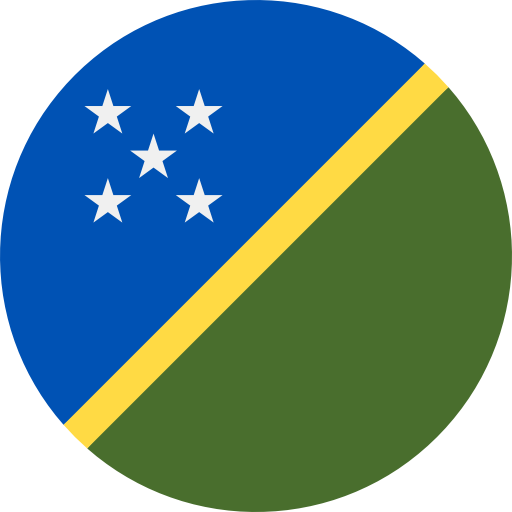About SB

Location
The Solomon Islands is a sovereign country located in the southwestern Pacific Ocean, northeast of Australia, and east of Papua New Guinea.
Capital
The capital city of the Solomon Islands is Honiara, situated on the island of Guadalcanal.
Population
As of the latest estimates, the Solomon Islands has a population of approximately 700,000 people.
Area
The Solomon Islands comprise a total land area of about 28,400 square kilometers (11,000 square miles), spread over nearly 1,000 islands.
Official Language
English is the official language of the Solomon Islands, although many local languages are also spoken across the islands.
Government
The Solomon Islands is a constitutional monarchy with a parliamentary system of government. It is a Commonwealth realm, with Queen Elizabeth II as the head of state, represented by a Governor-General. The Prime Minister serves as the head of government.
Independence
The Solomon Islands gained independence from Britain on July 7, 1978.
Currency
The currency of the Solomon Islands is the Solomon Islands dollar (SBD).
Economy
The economy of the Solomon Islands is primarily based on agriculture, forestry, and fisheries. The country also relies on international aid, remittances, and logging revenues. Tourism is an emerging sector, with the islands' natural beauty and cultural heritage attracting visitors.
Natural Features
The Solomon Islands are known for their stunning natural beauty, including lush rainforests, pristine beaches, coral reefs, and volcanic landscapes. The islands are part of the Pacific Ring of Fire, resulting in volcanic activity and earthquakes.
Culture
The culture of the Solomon Islands is diverse, with influences from Melanesian, Polynesian, and Micronesian traditions. Traditional customs, music, dance, and art are important aspects of Solomon Islands culture. The islands are also known for their intricate wood carvings and shell jewelry.
Religion
Christianity is the dominant religion in the Solomon Islands, with the majority of the population adhering to various Christian denominations, including Anglicanism, Roman Catholicism, and Protestantism. Traditional indigenous beliefs and practices also exist alongside Christianity.
Infrastructure
The Solomon Islands have limited infrastructure, particularly in rural areas. Transportation, healthcare, education, and access to clean water and sanitation remain challenges for many communities.
International Relations
The Solomon Islands maintains diplomatic relations with countries around the world and is a member of various international organizations, including the United Nations and the Pacific Islands Forum.
Challenges
The Solomon Islands face challenges such as poverty, unemployment, environmental degradation, natural disasters, and governance issues. Efforts are underway to address these challenges through sustainable development initiatives, economic reforms, and international partnerships.

National Items of the Solomon Islands
Shell Money (Mala)
Shell money, also known as mala, is a traditional form of currency in the Solomon Islands, often used in ceremonial exchanges and important transactions. It symbolizes cultural heritage and traditional economic practices.
War Canoe (Tomoko)
The war canoe, or Tomoko, is a traditional vessel used by the people of the Solomon Islands for transport and during conflicts. It represents the maritime skills and historical traditions of the islands.
Betel Nut (Buai)
Chewing betel nut is a common social practice in the Solomon Islands, often accompanied by lime and pepper leaf. It symbolizes social interactions, hospitality, and traditional customs.
Wood Carvings
Intricate wood carvings are a significant part of the Solomon Islands' artistic heritage. These carvings often depict ancestral figures and traditional stories, symbolizing cultural identity and artistic expression.
Nguzu Nguzu
Nguzu Nguzu is a traditional figurehead placed on canoes to protect against evil spirits and ensure safe voyages. It represents spiritual beliefs and the maritime culture of the Solomon Islands.
Panpipe Music
Panpipe music is a traditional form of music in the Solomon Islands, played during various ceremonies and celebrations. It symbolizes the islands' musical heritage and cultural expressions.
Honiara Central Market
The Honiara Central Market is a vibrant hub where locals sell fresh produce, handicrafts, and traditional goods. It represents the daily life, economy, and social interactions of the Solomon Islands.

This anthem expresses a desire for divine protection and guidance for the Solomon Islands, as well as unity among its people in pursuit of a common destiny.
The national anthem of the Solomon Islands is called "God Save Our Solomon Islands" in English and "Kolombangara" in the local language, Pijin. Here are the lyrics in Pijin along with an English translation:
God save our Solomon Islands
From shore to shore
Blessed all our people and our nation
With Thy great love and truth
O Lord, our God, grant us with
Courage to trust and serve Thee
With hearts that are true and strong
United in one destiny
With hearts that are true and strong
United in one destiny
God save our Solomon Islands
From shore to shore
Bless all our people and our nation
With Your great love and truth
O Lord, our God, grant us
Courage to trust and serve You
With hearts that are true and strong
United in one destiny
With hearts that are true and strong
United in one destiny


